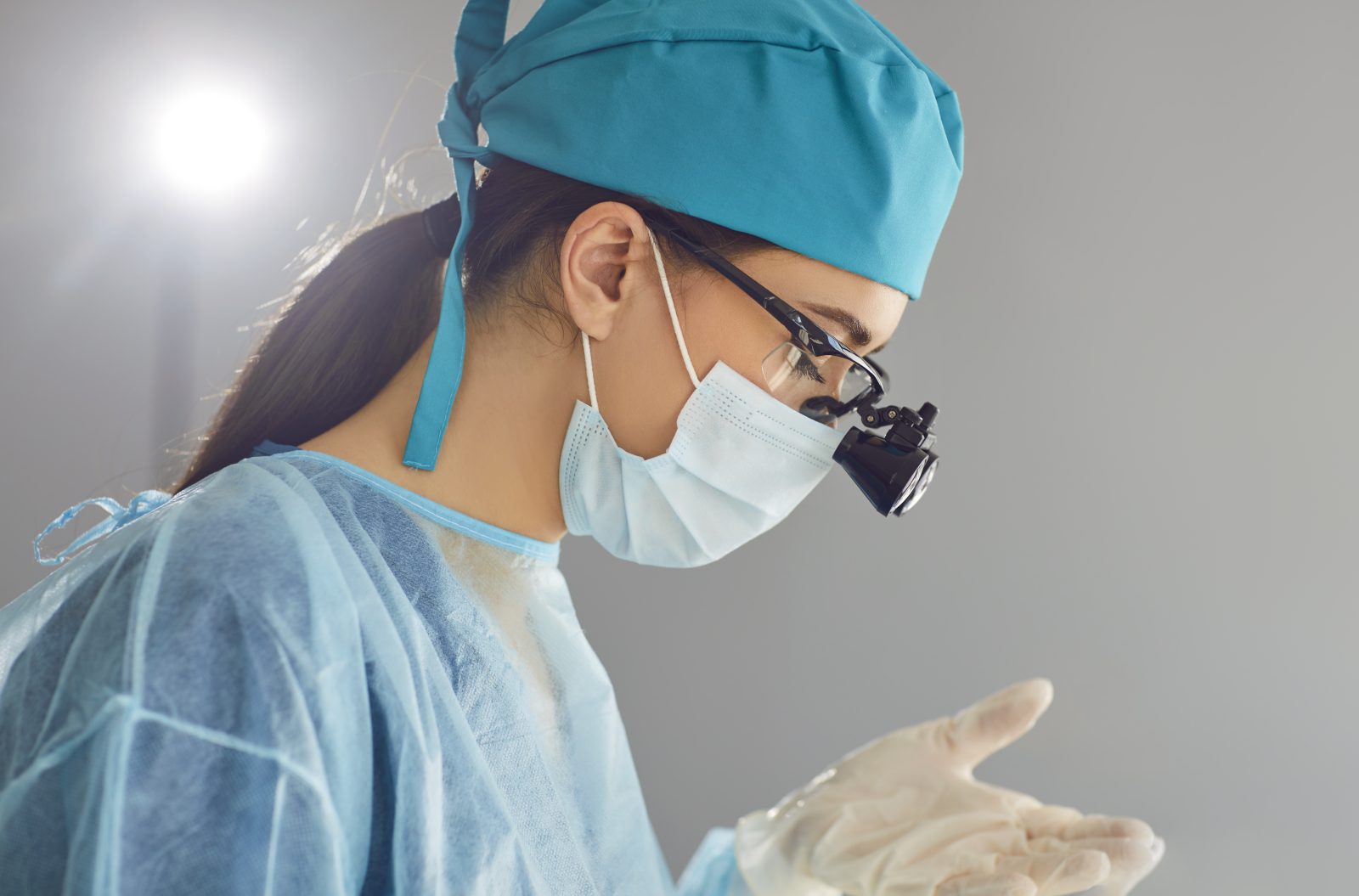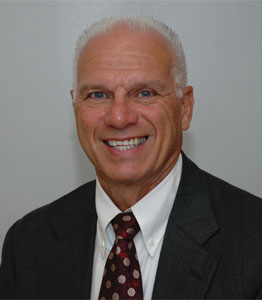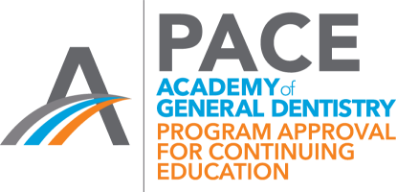Schedule
Registration Sign-in & Continental Breakfast: 7:45 - 8:30 am
Seminar Hours: 8:30 am - 5:00 pm
Lunch is included and typically will be from 12:30 - 1:00 pm
Your CE forms will be available for pick-up at our registration desk at the end of the day. Late registrations will have their CE form emailed the following week.
Day of Parking: Complimentary. Use open lots.



